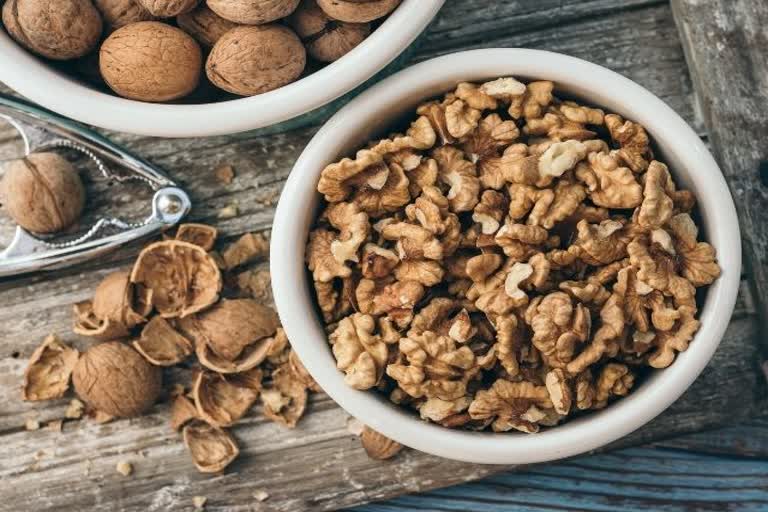A research paper published in the American Heart Association journal, ‘Circulation’ has revealed a reduction in low-density lipoprotein (LDL) cholesterol levels in those who consumed about half a cup of walnuts per day. The study, supported by a grant from the California Walnut Commission, focused on older adults.
In this research, researchers found that including walnuts in the diet resulted in a modest reduction in levels of total cholesterol and LDL cholesterol, which people often refer to as "bad" cholesterol.
Several previous studies have shown that eating walnuts can reduce cardiovascular risk factors. For example, a 2019 meta-analysis also suggests a reduction in the incidence of heart disease and mortality due to higher walnut consumption.
What Do The Results Say?
In a conversation with Medical News Today, Dr. Emilio Ros, senior author of the current study and director of the Lipid Clinic at the Endocrinology and Nutrition Service of the Hospital Clinic of Barcelona in Spain, informed that he and his colleagues have studied the health benefits of walnuts for years now. He explains that during this study he always found positive results regarding lowered levels of cholesterol, (standardlipid profile), better endothelial function, lower blood pressure, and anti-inflammatory effects, by its consumption.
“Walnuts have an optimal composition of nutrients and bioactive, including sizable amounts of alpha-linolenic acid, the vegetable omega-3 fatty acid, the highest polyphenol content of all nuts, and phytomelatonin,” he explained.
Dr. Ros says, “regularly eating walnuts will lower your LDL cholesterol and improve the quality of LDL particles, rendering them less atherogenic (less prone to enter the arterial wall and build up atherosclerosis, the basis of cardiovascular diseases), and this will occur without unwanted weight gain in spite of the high fat(healthy vegetable fat, though) content of walnuts.”
Research Analysis
A total of 636 participants aged 63 to 79 years were subjects of this research. 67% of the participants were women. All participants were cognitively healthy. But half of the total participants were taking medications for high blood pressure or hypercholesterolemia. Which is common for the older adult population.
Participants were divided into two groups. One group was instructed not to eat walnuts. The other group included half a cup of raw walnuts in their daily diet. Based on their diet, the researchers monitored their cholesterol levels and analyzed the concentration and size of lipoproteins with nuclear magnetic resonance spectroscopy.
They also measured the participants' LDL cholesterol subclasses. In which they found that daily consumption of walnuts decreased the number of both total LDL particles and small LDL particles (in which fat is deposited in the arteries).
The results showed that the participants who consumed walnuts on a daily basis had their LDL cholesterol levels reduced by an average of 4.3 milligrams per deciliter (mg/dl) and their total cholesterol by an average of 8.5 mg/dl. The participants in the walnut group reduced their number of total LDL particles by 4.3% and of small LDL particles by 6.1%. Among the participants who consumed walnuts, LDL cholesterol changes differed by sex. In males, LDL cholesterol fell by 7.9%. In females, it fell by 2.6%.
Also Read:COVID Raises Heart Attack Risk In People With High Cholesterol.
